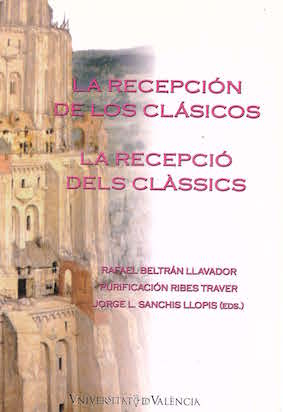Myth and censorship. Oscar Wilde re-writing the French classics
DOI:
https://doi.org/10.7203/qf-elit.v10i0.5111Keywords:
Critical Studies, Oscar Wilde, Salomé, Censorship, French classics Abstract
Abstract
Together with The Importance of Being Earnest, Salomé stands as one of the most original plays in Oscar Wilde’s dramaturgy. A major part of this originality results from the play being primarily written and published for its first performance in French, and from its consequent interpretative opacity. The choice of language constitutes an evident francophile tribute to his inspirative sources as well as a subterfuge meant to elude censorship. This paper explores the reverential sense of the play towards the mythic French literary atmosphere, and consequently, its aim is to unearth several ulterior meanings derived from its peculiar genesis. These meanings will be construed as Wilde’s aim and intention to veil deeper and more hazardous interpretations inherent in the play, transmuting them into theatrical and semic artifices well known and accepted both by the London play-goer and the dramatic conventions of the last decade of the nineteenth century.
 Downloads
Downloads
Downloads
Published
How to Cite
-
Abstract231
-
PDF (Español)227
Issue
Section
License
 Este obra está bajo una licencia de Creative Commons Reconocimiento-NoComercial-SinObraDerivada 4.0 Internacional.
Este obra está bajo una licencia de Creative Commons Reconocimiento-NoComercial-SinObraDerivada 4.0 Internacional.
Authors who publish with this journal agree to the following terms:
- Authors retain copyright and grant the journal right of first publication with the work simultaneously licensed under a Creative Commons Attribution License that allows others to share the work with an acknowledgement of the work's authorship and initial publication in this journal.
- Authors are able to enter into separate, additional contractual arrangements for the non-exclusive distribution of the journal's published version of the work (e.g., post it to an institutional repository or publish it in a book), with an acknowledgement of its initial publication in this journal.
- Authors are permitted and encouraged to post their work online (e.g., in institutional repositories or on their website) prior to and during the submission process, as it can lead to productive exchanges, as well as earlier and greater citation of published work (See The Effect of Open Access).




